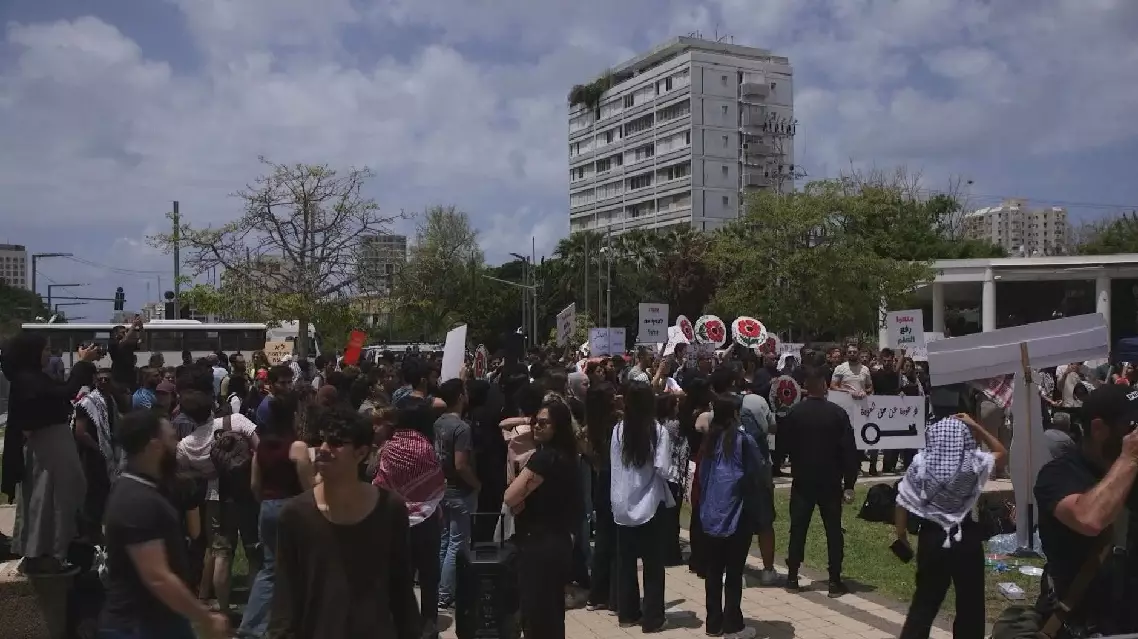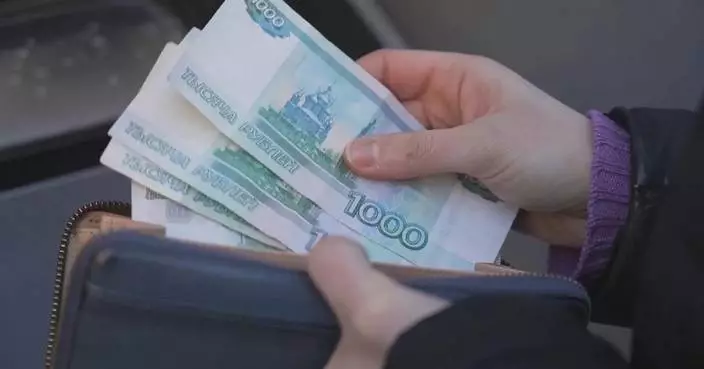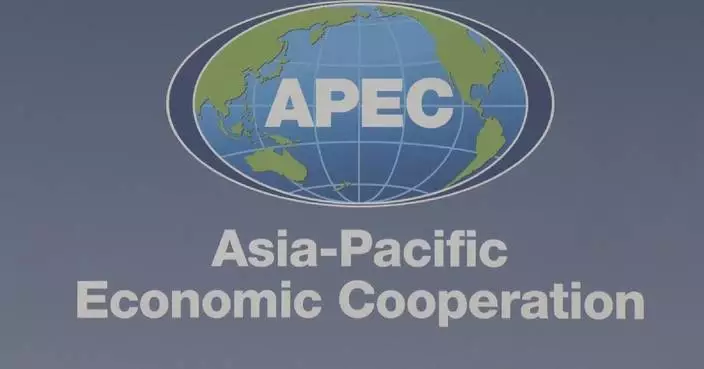Eight member countries of the OPEC+ oil-producing group announced on Sunday that they would extend their voluntary output cuts by another month, prolonging the reductions through the end of December in response to persistently weak oil prices.
OPEC+ comprises the Organization of the Petroleum Exporting Countries (OPEC) and its allies. The eight countries participating in these production cuts are Saudi Arabia, Russia, Iraq, the United Arab Emirates, Kuwait, Kazakhstan, Algeria, and Oman.
In a statement, OPEC confirmed that these countries have "agreed to extend the November 2023 voluntary production adjustments of 2.2 million barrels per day for one month, until the end of December 2024.”
The countries also reiterated their commitment to 'achieve full conformity' with their production targets and pledged to compensate for any overproduction by September 2025.
The decision follows an earlier move in September, when the eight countries extended their voluntary production cuts—originally set to expire at the end of that month—by an additional two months.
Oil prices have generally trended downward in recent weeks amid concerns over slowing global demand.

Eight OPEC+ members extend voluntary oil production cuts by one month




















































